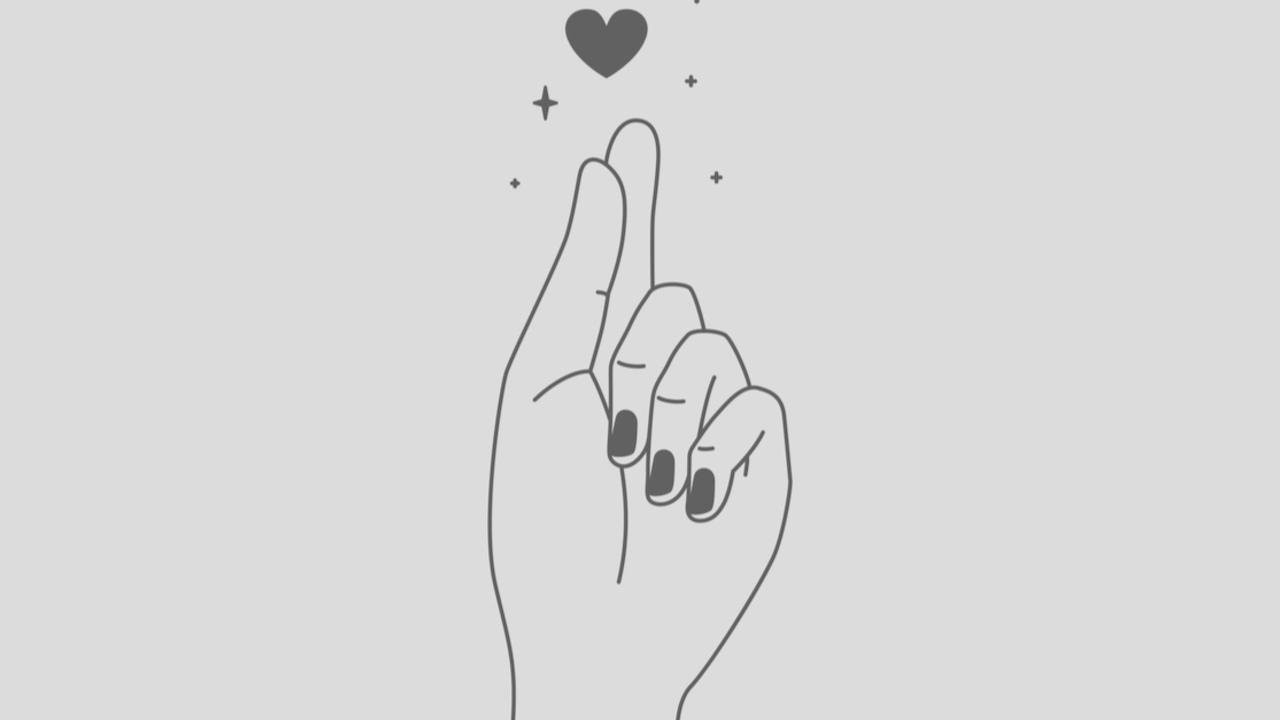Comfort Zone

Self improvement

When clients talk about wanting to be the 'best versions' of themselves, I ask them to check what soil they're planting their intentions in. If they're coming from a place of judgment and rejection of the current 'version' of themselves, their efforts are likely to be an uphill struggle leading to unsustainable results. Self-sabotage patterns reflect unmet emotional needs and hidden beliefs (e.g. "I don't deserve to be successful" etc.) rather than fundamental character flaws that need to be fixed. Once we can identify these patterns with care and understanding, we shift into greater presence, and being our 'best version' comes with ease.
Coping mechanisms or avoidance?

Coping mechanisms provide you ways to hold your nose, spritz perfume and sprinkle glitter so that the inner 'mess' is less offensive and more manageable, but that won’t ultimately change the fact that you’re still standing in a pile of crap.
If you’re ready to roll up your sleeves and dig deep into your underworld, you'll find that everything you’ve been avoiding – what you’re most ashamed of, where you feel most in pain- turns into your gold.
This is the work of inner alchemy, transforming your emotional density into connection with your authentic Self through awareness and acceptance. To try to take the short-cut removes the opportunity to do this deep, transformative soulful work.
Why I don't like positive thinking

I often find clients running around in mental circles, pressurising themselves to transform ‘negative’ thinking to ‘positive’ thinking. When they notice negative thoughts, they panic and try to ramp up the positivity quota.
Trying to control thinking with more thinking results in strain and self-judgment.
I suggest my clients leave the 'negative' thoughts alone. We then place our focus on the part that’s aware of the thoughts, and from there, we question the validity of the stressful mental patterns. From this place of awareness (which is effortlessly and authentically ‘positive’), it’s easy to see many of these thoughts aren’t even true.
Like a radio playing softly in the background, we naturally no longer respond to the thought transmission when it doesn’t resonate.
All thoughts are neutral visitors, it’s our relationship to them that makes the difference.
Invisible wounds

Seeking Approval

Welcome ‘negative’ feelings

How I let go of resentment

How do I Love myself?

Self-Love is accepting yourself for the messy reality of who you are.
If you’re able to hold a child in tenderness when they express anger, anxiety or overwhelm– are you ready to exercise the same compassion towards yourself?
Within our Higher-Self is a smaller-self (ego), that feels rage at its powerlessness and judges itself as inferior/superior to others.
Do you embrace this part with compassion and understanding? In doing so, the ego is no longer unconscious, and you start to experience a greater connection with your higher-self.
In choosing Love rather than judgment, our authentic higher-self naturally takes the driving seat, and our smaller self-becomes the passenger.
Feeling connected, accepted and loved is an inside job.
How can I accept the present moment?

When I find myself lost in mental-images of the past ("it should have been different!" "It was better back then") and images of the future ("things will be better when...." "What if.......happens?!") I'm disconnected and disempowered.
When I remember to check what my relationship with this current moment is, (am I resisting or accepting it?) I re-connect with myself. This exact moment in time has already happened, anything other than acceptance of it leads to stress and disconnection.
Meeting reality with the acceptance that it’s already happened allows me to choose my response from a place of clarity and empowerment, and to embrace the present moment.